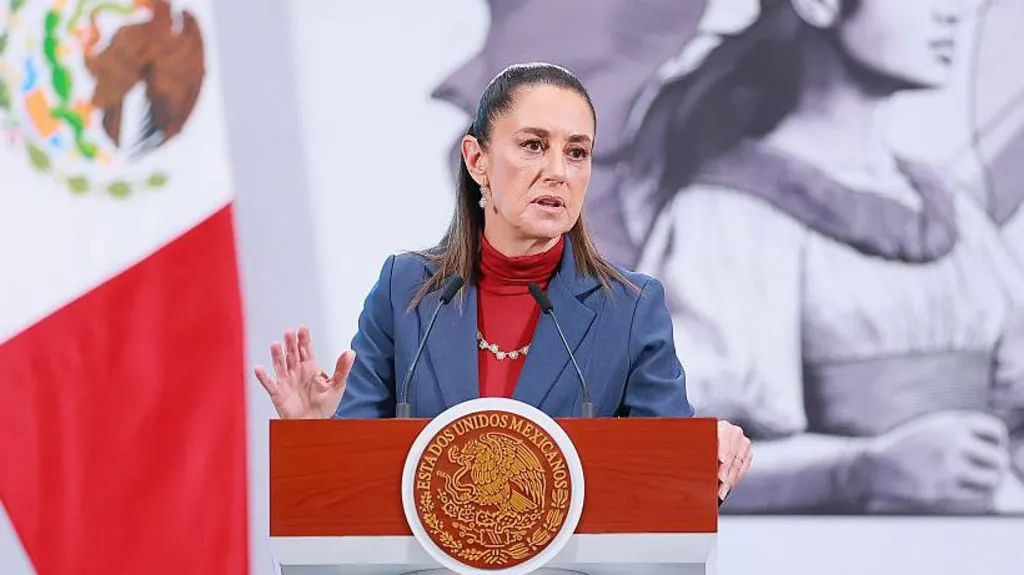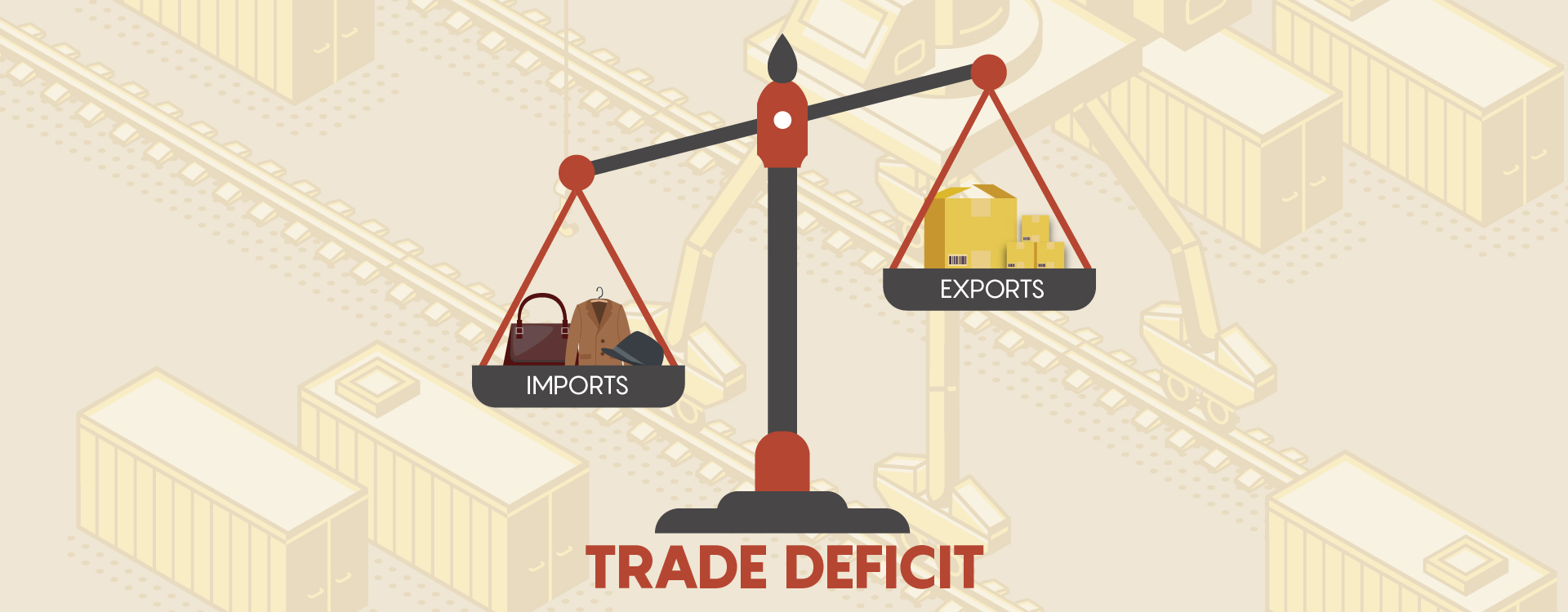On Sunday, Britain officially became the 12th member of the Comprehensive and Progressive Agreement for Trans-Pacific Partnership (CPTPP), a significant move aimed at strengthening trade relationships in the region following its exit from the European Union. This is Britain’s largest trade agreement since Brexit, boosting ties with countries like Japan, Australia, and Canada.
With this accession, Britain can now implement CPTPP trade rules and benefit from reduced tariffs with eight of the existing members: Brunei, Chile, Japan, Malaysia, New Zealand, Peru, Singapore, and Vietnam. While the CPTPP will officially be in effect with Australia on December 24, it will come into play with Canada and Mexico following their ratification in about 60 days.
This agreement marks Britain’s inaugural free trade deals with Malaysia and Brunei, and while it previously had arrangements with other member countries, the CPTPP introduces enhanced provisions, particularly concerning “rules of origin.”
Notably, the CPTPP doesn’t establish a single market for goods or services, avoiding the regulatory harmonization required by the EU, which Britain departed from at the end of 2020.
Britain anticipates that this pact could generate around £2 billion ($2.5 billion) annually over time, translating to less than 0.1% of its GDP. Beyond economic benefits, Britain’s participation enables it to play a role in determining whether prospective members like China and Taiwan can join the group, reflecting the strategic implications of the trade alliance that initially emerged to counterbalance China’s economic influence after the US withdrew from the original Trans-Pacific Partnership in 2017. Costa Rica is next in line to pursue membership, with Indonesia also expressing interest.

















